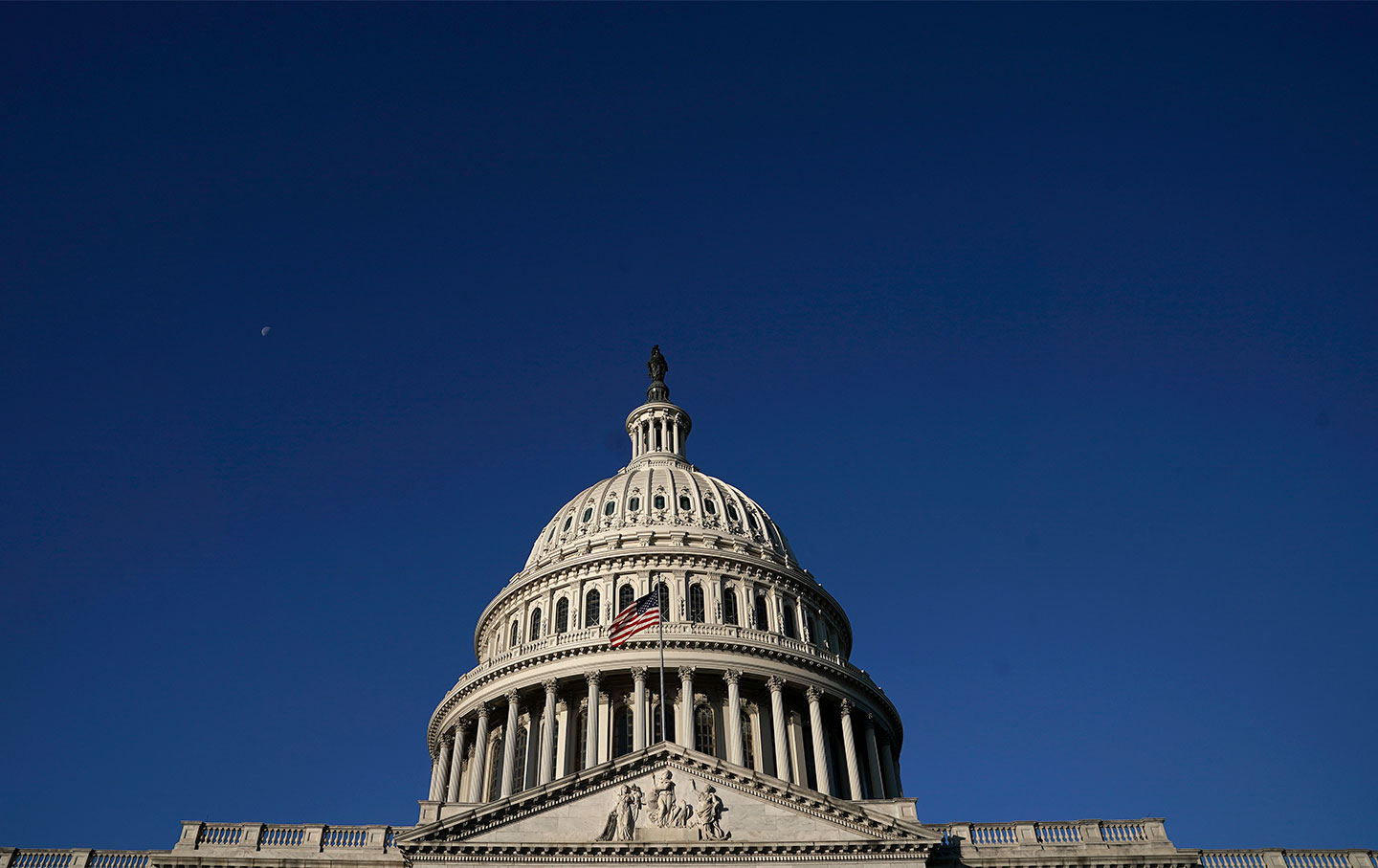The Democratic Caucus holds the majority of seats in the US House of Representatives. But only narrowly. After setbacks in the 2020 election, the Democratic majority in the chamber was reduced. Then vacancies—several of them created by President Biden’s appointment of House Democrats to cabinet and White House posts—reduced Democratic numbers even further.
House Speaker Nancy Pelosi (D-Calif.) presides over a 219-212 majority at this point. She got a boost late last month when Louisiana voters chose Democrat Troy Carter to fill a vacancy created by Biden’s appointment of former representative Cedric Richmond, a New Orleans Democrat, as a senior adviser. But Pelosi’s still in a difficult positi0n where, on any legislative initiative, the defection of just four members of her caucus to vote with the Republicans would doom its prospects.
Democrats had been hoping that a special election for an open seat in Texas might give them a chance to build back their majority. The seat came open when Representative Ron Wright, a conservative Republican from the Dallas–Fort Worth region, died in February following a Covid-19 diagnosis. The district—Texas-6—was historically Republican. But Joe Biden came within three points of winning it in last year’s presidential contest, and Democratic US House nominees won 45 percent in 2018 and 44 percent in 2020.
So the seat looked like a good spot for Democrats to make a play for a pick-up. On Saturday, however, in the first round of special-election voting, the top finishers were Republicans Susan Wright (the former congressman’s widow and a longtime GOP operative) and Jake Ellzey (a conservative state representative). Under the Texas special-election system, the top two finishers advance to the runoff election.
“Two Republicans going to the runoff denies Democrats a chance to expand their narrow majority,” explained CNN.
What happened?
Democrat Jana Lynne Sanchez, the party’s 2018 nominee, won 10,497 votes on Saturday, just 454 votes behind Ellzey.
She might well have gained a runoff spot if nine other Democrats hadn’t taken almost 19,000 votes in the crowded contest.
With just a bit more unity, Sanchez could have remained in contention to pick up a needed seat. But it didn’t happen.
“Democrats have come a long way toward competing in Texas, but we still have a long way to go. Unfortunately, tonight we came up short, and two Republicans will be competing to represent this congressional district,” said Sanchez. “We’ll keep fighting for a healthier, equitable, and prosperous Texas and to elect leaders who care about meeting the needs of Texans, although it won’t happen in this district immediately.”

